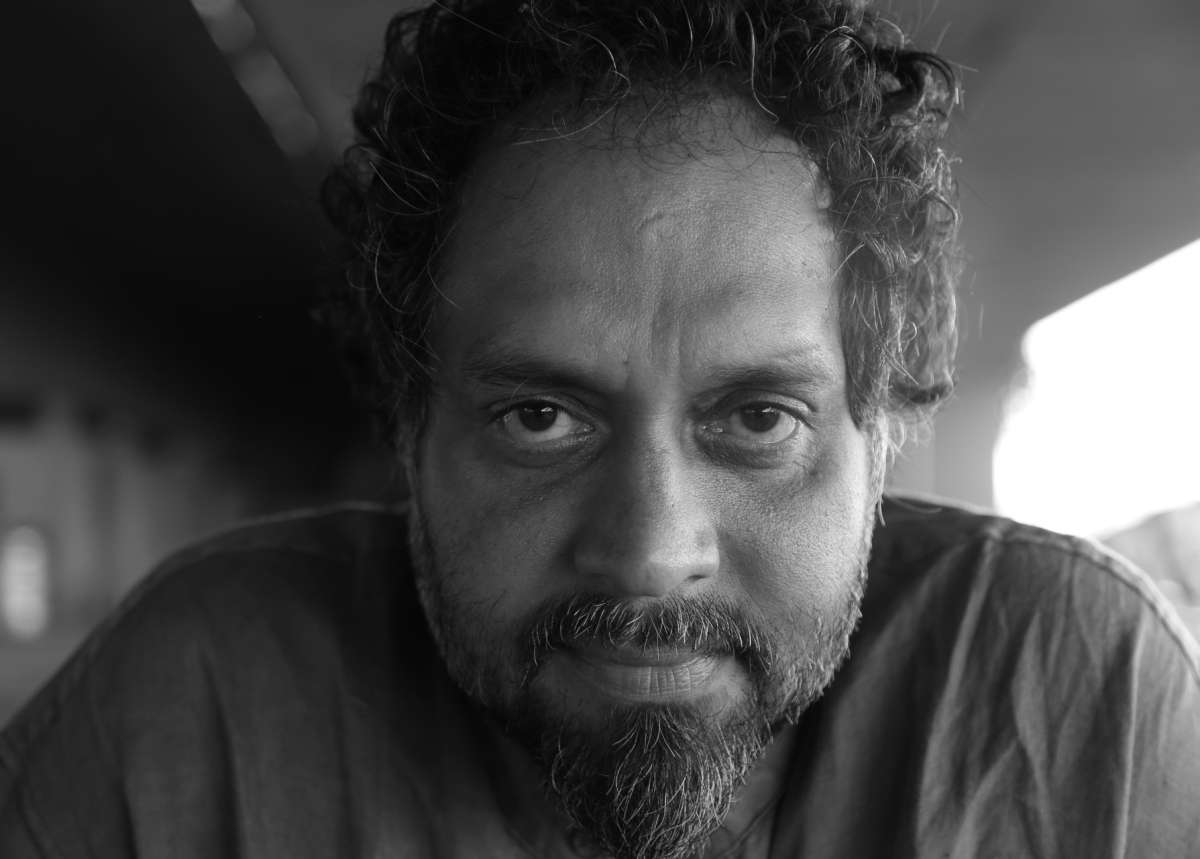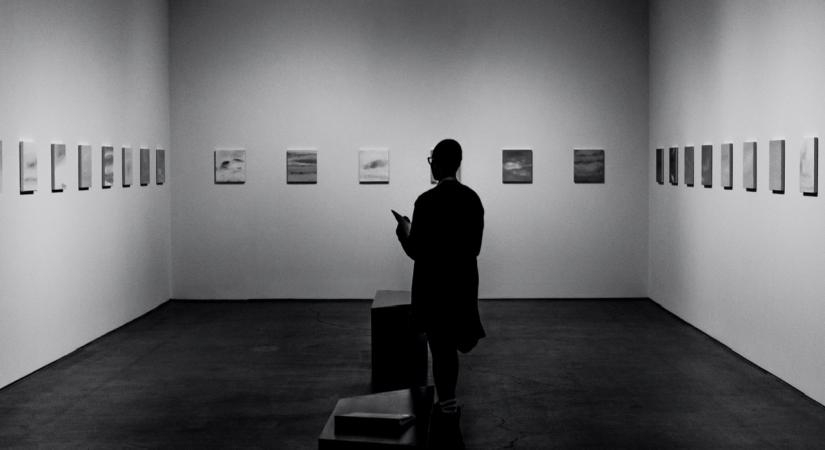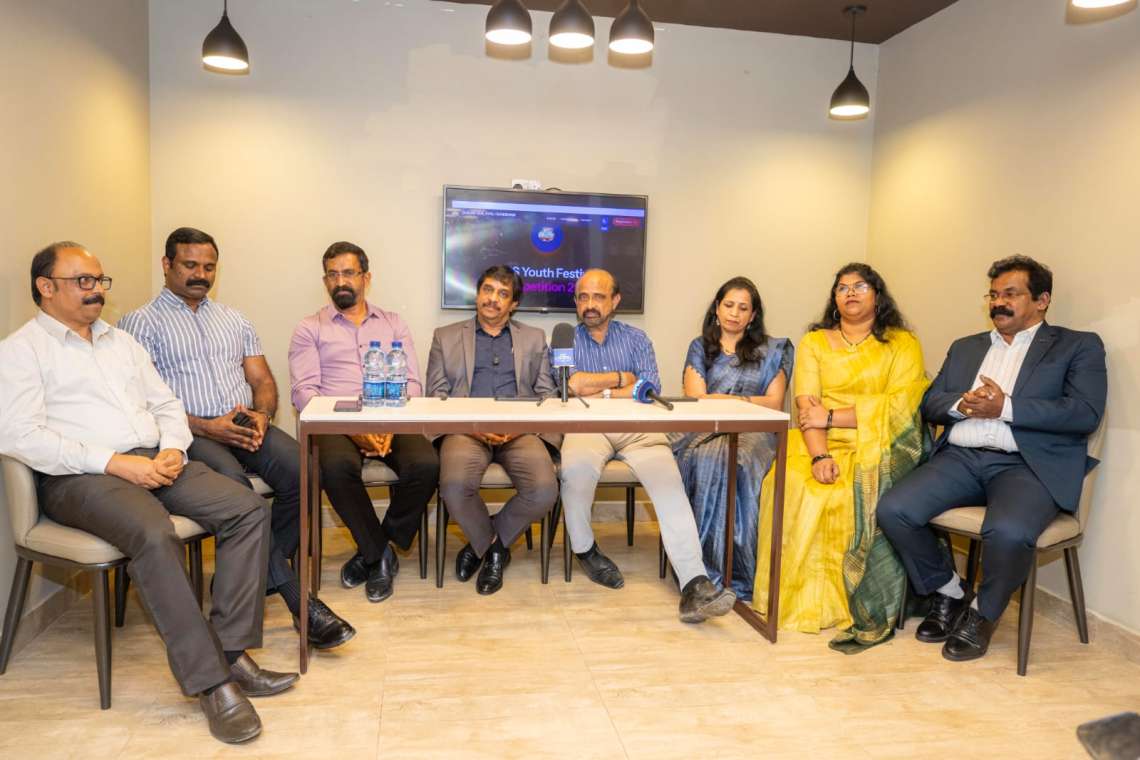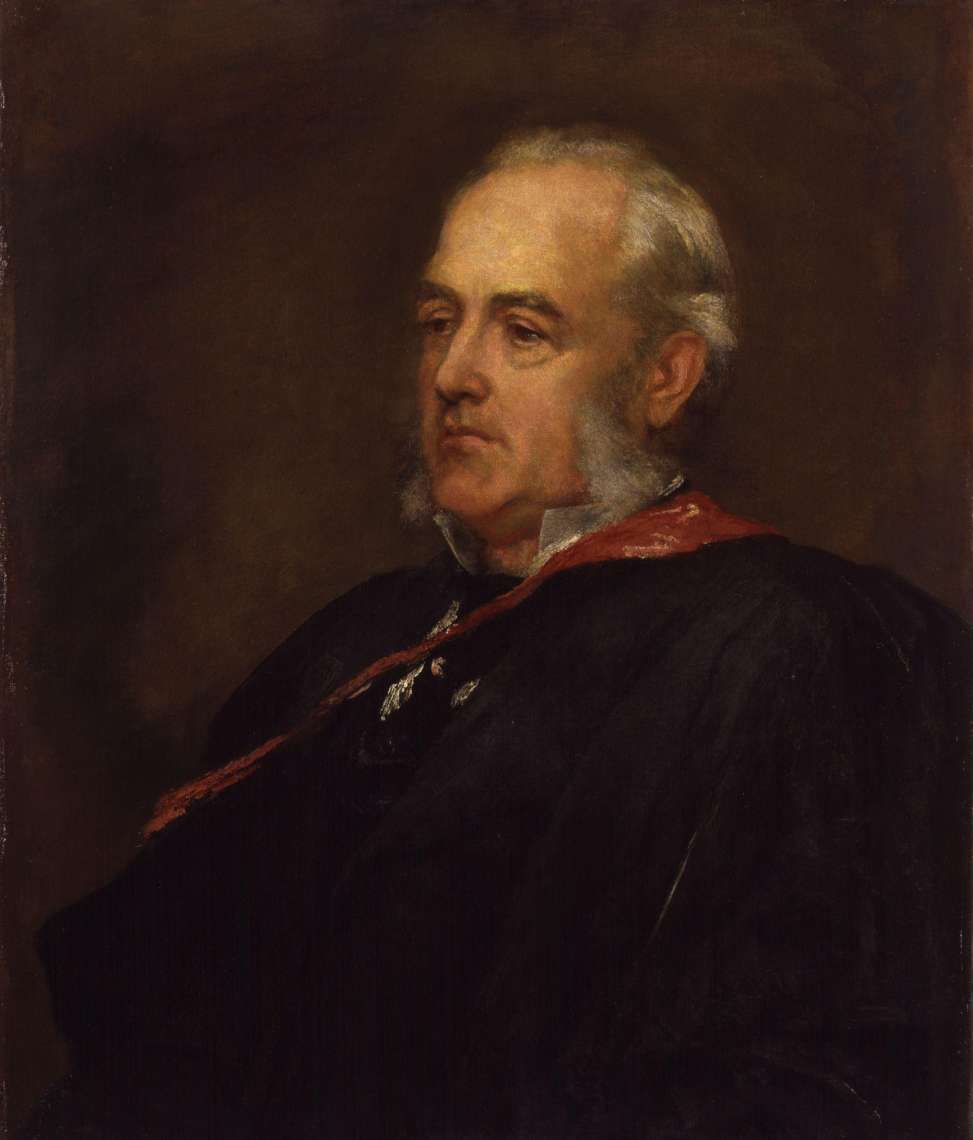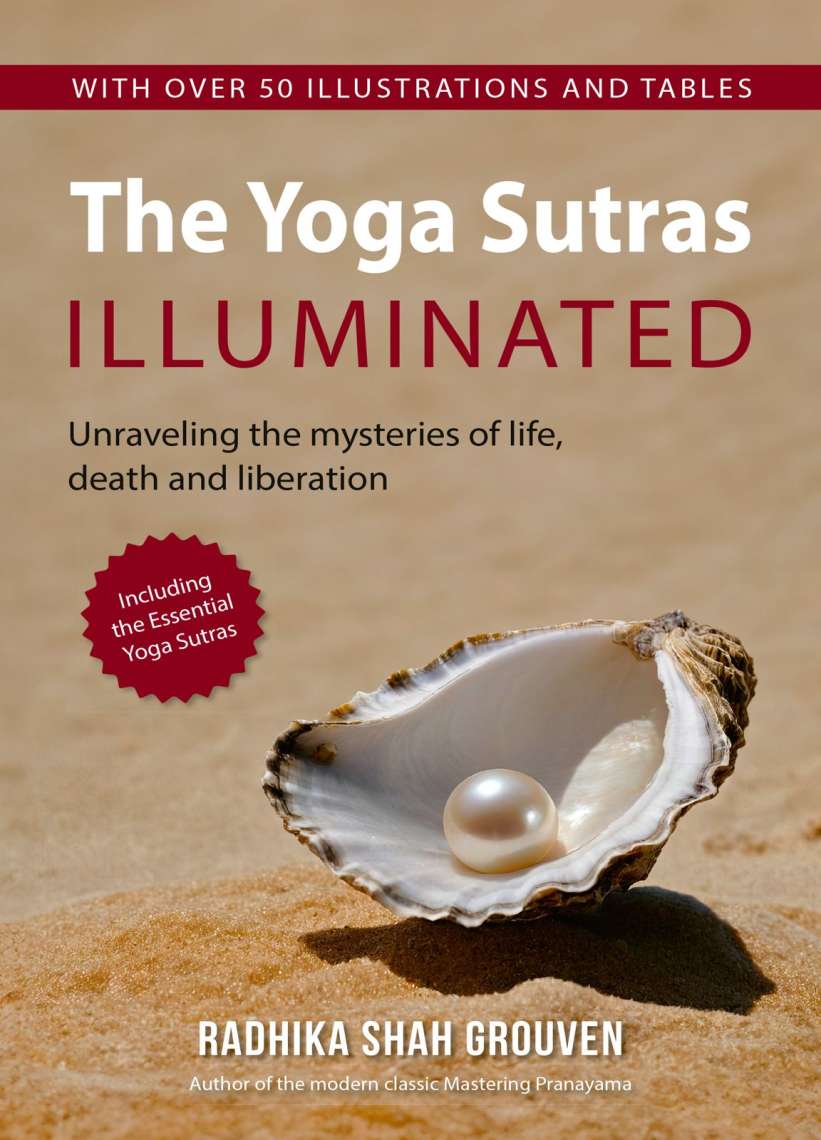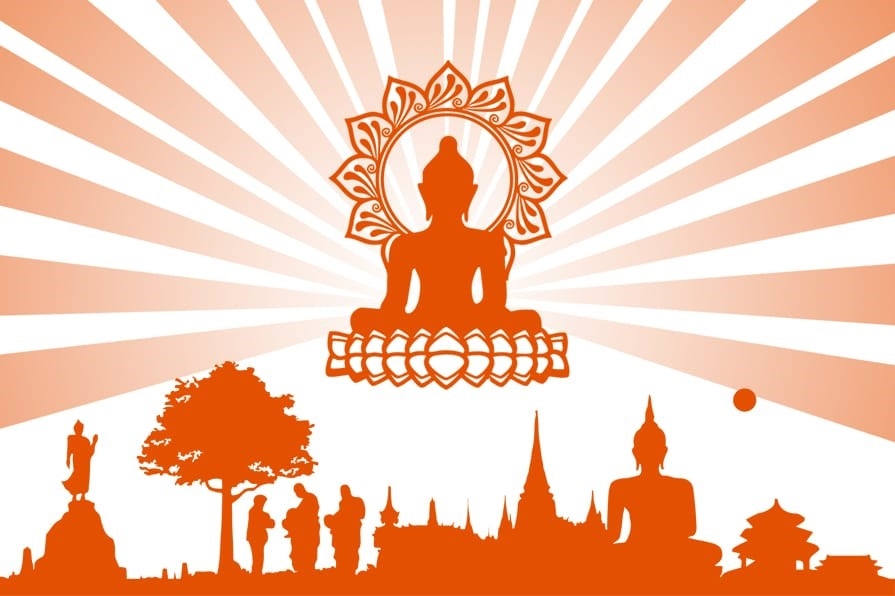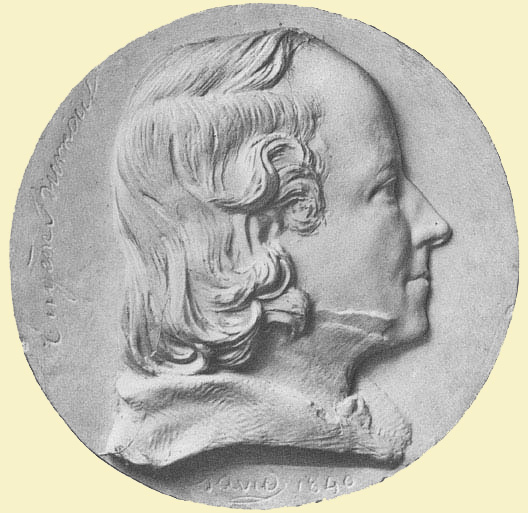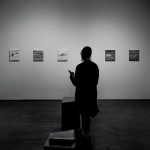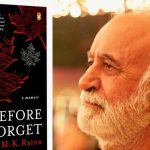Talking about ‘Sea: A Boiling Vessel’ curated by him in Kochi, which brings together 20 artists, academics, and performers, the artist says Kochi as a shore represents the idea of coming together — of knowledge, beauty and art…reports Asian Lite News
“For a long time, I wanted to work on manual scavenging by doing a project that engages in a direct conversation with the system, precisely why I chose ‘Swachh Bharat’ to speak my mind and present ideas on multiple levels. It was natural that Gandhi and Ambedkar ‘intervened’ considering their stress on the need to ensure dignity for them (manual scavengers),” artist Riyas Komu tells.
To mark the completion of 100th episode of Prime Minister Modi’s ‘Mann ki Baat’ to be aired, the Ministry of Culture, in collaboration with NGMA has curated an immersive experience through an art exhibition titled ‘Jana Shakti’ which will be inaugurated on April 30.
Also invoking the memory of Dandi March, Kabir, Guru Nanak and Narayana Guru, Komu has also produced an extra work of Gandhi’s spectacles in gold considering the metal carries memories and travels generations.
“I see Gandhi’s ideas having those qualities as well,” he adds.
Other artists whose work will be on display include Atul Dodiya, G.R. Iranna, Ashim Purkayastha, Vibha Galhotra, Manu Parekh, Thukral and Tagra, Paresh Maiti, Pratul Das, Jagannath Panda, and Manjunath Kamath. Kiran Nadar, Chairperson of Kiran Nadar Museum of Art is the adviser to the project.
Komu, for whom the Indian constitution has been a constant source of inspiration, stresses that it is to do with his obsession with democracy in the true sense and fascination for Ambedkar.
“The multi-talented Ambedkar spoke consistently of the upliftment of the poor. I started looking at the Constitution more deeply when there was all this talk of altering it. It has always been part of our struggle on how to go forward with the multi-diverse community. It is not about the sheer legalities in the Constitution but has more to do with the art which talks about its evolution. I can walk through history owing to that. And when you do that, so many different images and the history of the different beliefs that India has been through come alive. One of the images that fascinate me is of Gandhi standing between Hindus and Muslims talking about peace — and it gives us a narrative of history in India,” says Komu.
When Komu took admission in JJ School of Art, his father, who left the Communist Party of India after it split, told him that this could be his way of serving people.
Stressing that everything he has done in his life, he has taken it as a responsibility, intervening and changing the way how art is perceived, the artist adds, “It is also a political act as you are promoting the concept of diversity and living together. My parents’ work has greatly impacted my life and the way I view things. I was the ninth child and saw the struggles of the family — living with limited resources. But the kind of ethics that were inculcated were important.”
The artist, whose work was also part of ‘The Final Speech’, curated by Wendy Amanda Coutinho at Gallerie Splash (Gurgaon) recently believes art is an effective tool to mirror contemporary socio-political realities of the times. Responding to major events, including the 1992 Mumbai violence, 2008 Mumbai terror attacks, and the 9/11 tragedy, Komu says he has always wanted his work to be sensitive and ensures that it celebrates the idea of diversity and multiculturalism.
Co-founder of the Koch-Muziris Biennale and an advocate for more cultural spaces in the country, the artist notices a transition as international-level museums are being set up and co-related exercises conducted. Admitting that the existing museums need more funding, cutting-edge curators, and more interactive programming, he feels a sense of optimism while adding that things are looking up.
“Cultural communities are slowly engaging and growing, and artists are challenging themselves. We need to come together and have a global understanding — of course, the private sector can play a crucial role as they are more involved and willing to challenge more things. So we need to work along with them.”
Talking about ‘Sea: A Boiling Vessel’ curated by him in Kochi, which brings together 20 artists, academics, and performers, the artist says Kochi as a shore represents the idea of coming together — of knowledge, beauty and art.
“I was very fascinated by this and looking at the exchange of ideas, the religions in Kerala, the various traditions that flourished, and the idea of democracy — these are all fascinating attributes, thus my private initiative to really engage with the local community. Even the Biennale became a part of the people and they celebrated it as it engaged in the current discourse and took into account Kerala’s history and culture.”
The artist feels it is interesting to observe at the sea in terms of migration. While the first chapter of the project looks at the different ideas and the Indian Ocean as a place of different thoughts, Komu then started working on Kerala’s art history, the history of the location and found one of the oldest Jewish houses, and converted it into a gallery. Involving poets, photographers, and a stamp collector, there was also a special programme on lullabies.
“And a very interesting intervention through albums of Malayalis. Every house there has a history of the Middle East. We are also looking at the origin narratives of Kerala’s cultural history.”
Adding that it is more of a research project and not just an art exhibition, he concludes, “The idea is to make knowledge, art, and people come together and cultivate a culture to go into museums and galleries and look at art from a different angle. We are actually putting together the last 10 years of learning and see what we can do as a cultural body and re-calibrate that.”

